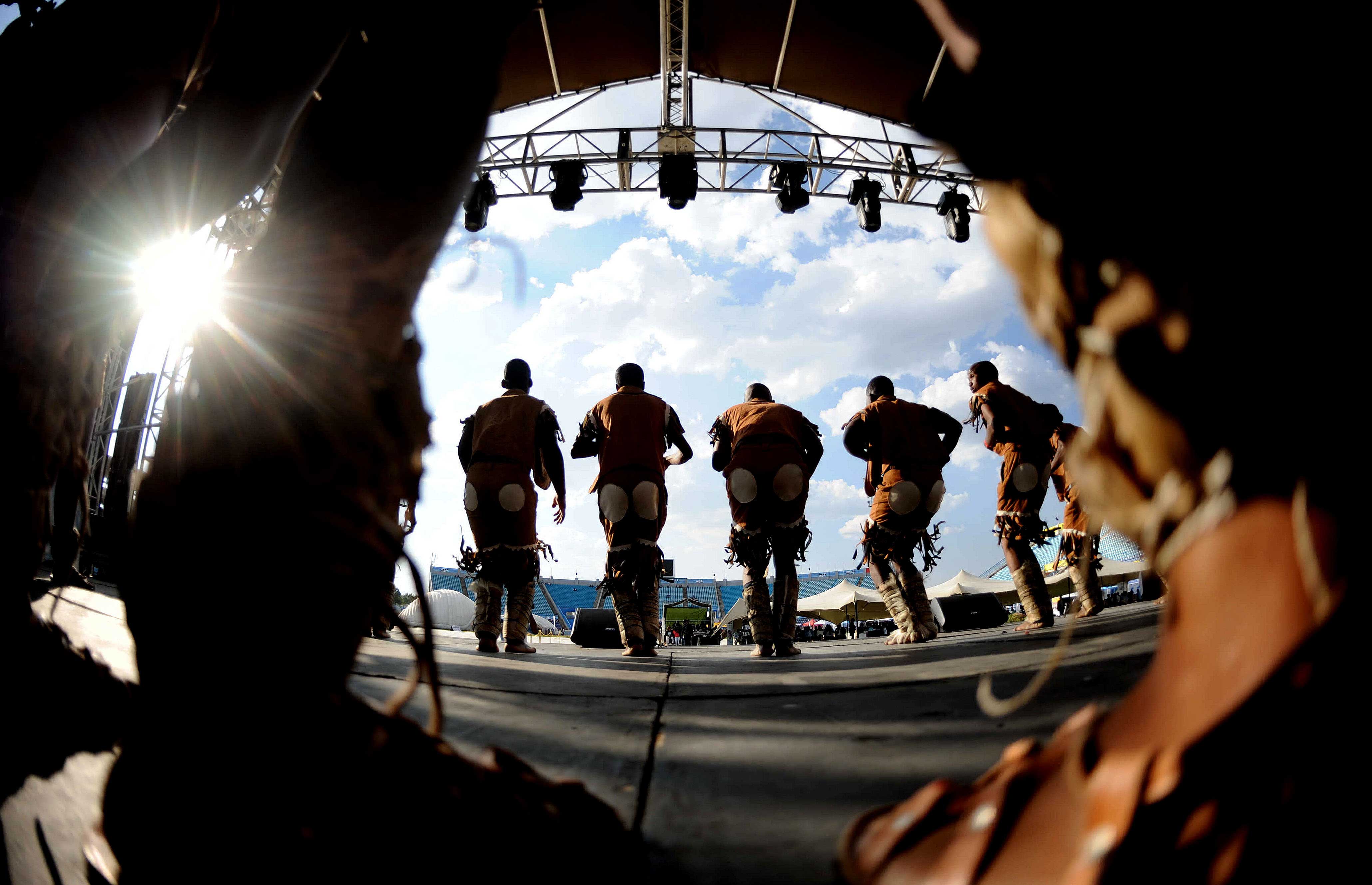Meanwhile artists were paid P1.2 million in royalties
GOSEGO MOTSUMI
While artists continue to fight a losing battle to receive full payments of royalties due to them from the Copyright Society of Botswana (COSBOTS), the country’s only royalty collection society’s 2018 shocking financial results revealed that the organisation’s operating expenses were billed at a hefty P 7 295 897, compared to royalties paid out to artists amounting to a total of P 1 279 070.18 last year.
Artists argue that their royalties were surprisingly low and that the office should not be benefitting more than its clients. In the first royalty payout of 2018, COSBOTS revealed that P721 027.52 was initially paid to artists and a further balance of P558 042.66 was disbursed end of last year.
“If an artist is going to be earning P112. 47 for the entire year for their works and COSBOTS operating expenses are P7.2 million, there is everything wrong with that logic. It is supposed to be the other way round. We are now questioning the organisation’s existence because they are not serving their mandate. We continue to struggle in an industry that is now excelling at keeping the copyright society afloat,” artists opined on terms on anonymity.
COSBOTS currently employs 15 employees and their financial statement reveals that employee costs amounted to P2 941 281 with P510 978 reserved for board expenses. The detailed income statement also indicates that P98 093 was used for travel, both locally and internationally, with P43 500 made towards donations. Responding to the expenses, COSBOTS CEO Lesego Selotate said the organisation travelled across the country to educate stakeholders and public on copyright and licensing issues. He said the main mode of travel for the cross country trips was road transport and internationally they visited South Africa, Namibia, Zimbabwe and Zambia.
“We mainly travelled to attend World Intellectual Property Organisation and African Regional Intellectual Property Organisation’s training workshops and seminars. COSBOTS made a single monetary donation to Botswana Musicians Union (BOMU) which we considered a key industry partner and they needed assistance at the time. No other donations has been made outside of this,” Solotate explained.
Solotate revealed that the Copyright & Neighbouring Rights Act presently mandates the organisation to administer exclusive rights in respect of musical works and COSBOTS does not yet administer neighbouring rights. He says the exclusive rights under the act that are relevant to musical and audio visual works are the right of reproduction, public performance, broadcasting, communication to the public and adaptation. Of these rights, it is the right of reproduction, public performance, broadcasting and communication to the public which lend themselves to collective management in the area of musical works.
“The legislations of certain countries also make provision for the remuneration of rights holders in the form of private copy levies or royalties payable in respect of the statutory exception permitting the reproduction of copyright works for private and/or personal uses. This levy is generally administered through a CMO or another statutorily recognised public entity, in the case of Botswana it is administered through Companies and Intellectual Property Authority (CIPA),” Solotate revealed.

